What is a Jib Crane?
A jib crane is an essential piece of equipment widely used by stone fabricators and in various other industrial settings. Specifically designed for lifting, moving, and positioning heavy objects, jib cranes significantly enhance efficiency, safety, and productivity in workplaces that involve extensive material handling.
Understanding the Jib Crane and Its Importance for a Stone Fabricator
A jib crane is an essential piece of equipment widely used by stone fabricators and in various other industrial settings. Specifically designed for lifting, moving, and positioning heavy objects, jib cranes significantly enhance efficiency, safety, and productivity in workplaces that involve extensive material handling.
For a stone fabricator, having reliable equipment like a jib crane not only streamlines the workflow but also significantly reduces workplace injuries and material damage, enhancing overall operational efficiency.
Types of Jib Cranes Commonly Used by Stone Fabricators
Column-Mounted Jib Crane
A jib crane mounted on a column is a robust option providing a 360-degree rotation capability. It is ideal for a stone fabricator as it facilitates comprehensive workspace coverage, allowing easy transportation and precise positioning of heavy granite, marble, and other stone slabs within fabrication facilities.
Portable Jib Crane
A portable jib crane offers mobility and convenience, ideal for operations that require frequent movement or flexibility. Its compact design allows stone fabricators to relocate the crane easily within the workshop or between different job sites, ensuring efficient and adaptable material handling processes.
Key Components of a Jib Crane
Jib Crane Hoist
The jib crane hoist is the core lifting mechanism, responsible for securely lifting and lowering heavy objects. Hoists can be electrically powered or manual, with electric hoists being more suitable for high-demand fabrication environments due to their efficiency, lifting capacity, and ease of use.
Boom or Jib Arm
The boom, often called the jib arm, extends from the central pivot point and supports the hoist. Its length and construction material determine the crane’s lifting capacity and reach, both crucial considerations for stone fabricators dealing with heavy, bulky materials.
Base or Column
The base or column supports the entire structure, providing stability and durability. Column-mounted jib cranes are fixed in place, offering maximum stability, while portable jib cranes feature mobile bases with wheels or casters.
Advantages of Using Jib Cranes in Stone Fabrication
Enhanced Safety
Safety is paramount in any industrial setting, especially stone fabrication. Utilizing a jib crane significantly reduces the risk of workplace accidents associated with lifting heavy slabs manually. Advanced equipment improves material handling, reducing the likelihood of injuries and improving the overall safety standards within the facility.
Improved Efficiency and Productivity
Jib cranes provide smooth, precise movements, significantly enhancing workflow efficiency. Stone fabricators benefit from faster and more precise positioning of heavy materials, directly contributing to increased productivity and shorter project turnaround times.
Flexibility and Convenience
Particularly with portable jib cranes, fabricators enjoy great flexibility and convenience. The mobility of these cranes allows them to be quickly repositioned according to changing workflow demands, enhancing operational efficiency and adaptability.
Jib Crane vs. Portable Gantry Crane
While jib cranes are highly effective, some stone fabrication scenarios may benefit more from using a portable gantry crane.
Portable Gantry Crane
A portable gantry crane, like a jib crane, is another critical piece of equipment used extensively in stone fabrication and other heavy material handling scenarios. It features a horizontal beam supported by legs equipped with wheels, providing even greater mobility compared to fixed jib cranes.
Benefits of Portable Gantry Crane
-
Mobility: Easily repositioned across large facilities or between job sites.
-
Flexibility: Adjustable height and span, accommodating various sizes and types of stone slabs.
-
Strength: Robust lifting capacities capable of handling substantial loads.
While jib cranes excel in providing dedicated lifting and positioning within a specific radius, portable gantry cranes are ideal for tasks that require mobility and flexibility across larger workspaces.
Selecting the Right Crane for Your Stone Fabrication Needs
Choosing between a jib crane and a portable gantry crane largely depends on your workspace requirements, lifting demands, and operational preferences. Here are critical factors to consider:
Workspace Constraints
For confined spaces or tasks requiring precise movements around fixed workstations, a jib crane is typically ideal. Column-mounted jib cranes offer excellent rotational capabilities within a fixed location.
Mobility Needs
When portability and extensive mobility are paramount, a portable gantry crane could be the better choice. Its ability to navigate around large facilities effortlessly makes it highly suitable for dynamic fabrication environments.
Load Capacity
Evaluating your typical lifting requirements helps determine the optimal choice. Jib cranes offer substantial strength within their specified radius, while portable gantry cranes may handle heavier and more diverse loads due to their structural design.
Implementing Effective Material Handling Practices
Efficient material handling is crucial in stone fabrication. Proper use and maintenance of equipment such as jib cranes and gantry cranes enhance operational effectiveness. Regular inspections and adherence to safety protocols are essential to maintain crane performance and ensure safety.
Safety Tips When Operating a Jib Crane
To maximize safety and effectiveness, follow these essential safety practices:
-
Regular Inspection: Conduct routine checks on all components, especially hoists and cables, to detect wear or damage.
-
Proper Training: Ensure all operators are well-trained in crane operations and safety procedures.
-
Load Capacity Adherence: Never exceed the crane’s specified load capacity to avoid structural failures or accidents.
-
Clear Communication: Maintain clear communication among workers during crane operations to prevent misunderstandings and accidents.
Conclusion: The Essential Role of Jib Cranes in Stone Fabrication
A jib crane is an indispensable tool for stone fabricators, enhancing safety, efficiency, and productivity. Whether you opt for a fixed jib crane or a portable solution like a portable gantry crane, each provides specific benefits tailored to different operational requirements.
Investing in quality material handling equipment is crucial for any stone fabrication facility aiming for efficiency, safety, and excellence in production standards. By choosing the right crane and ensuring proper training and maintenance, stone fabricators can significantly enhance their operational effectiveness and workplace safety.













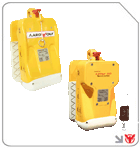
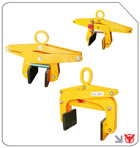
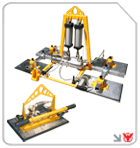
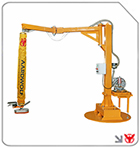
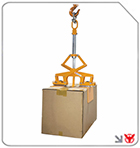
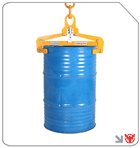
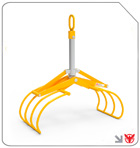
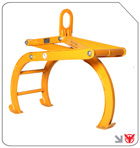
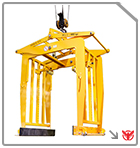
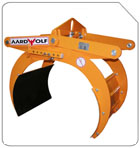
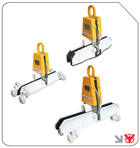
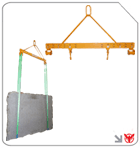
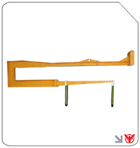
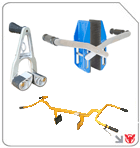
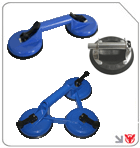

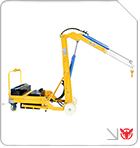
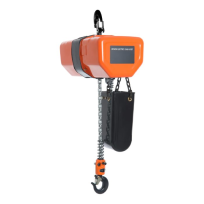
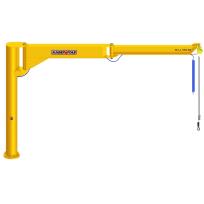
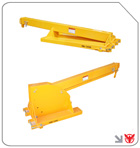
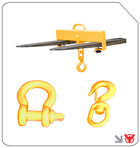
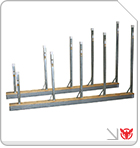
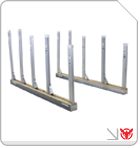
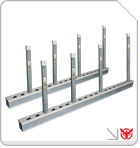
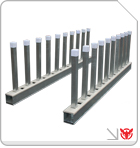
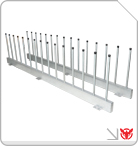
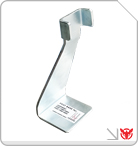
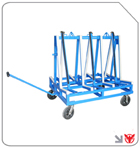
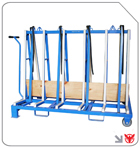
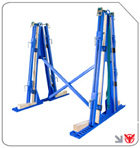
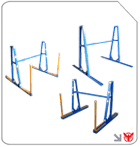
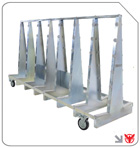

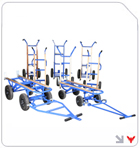
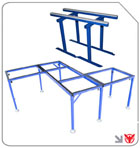
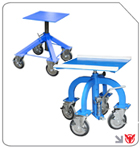
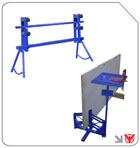
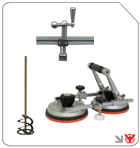



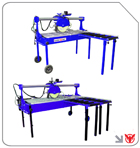
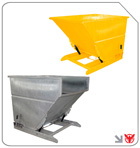


Follow us on: